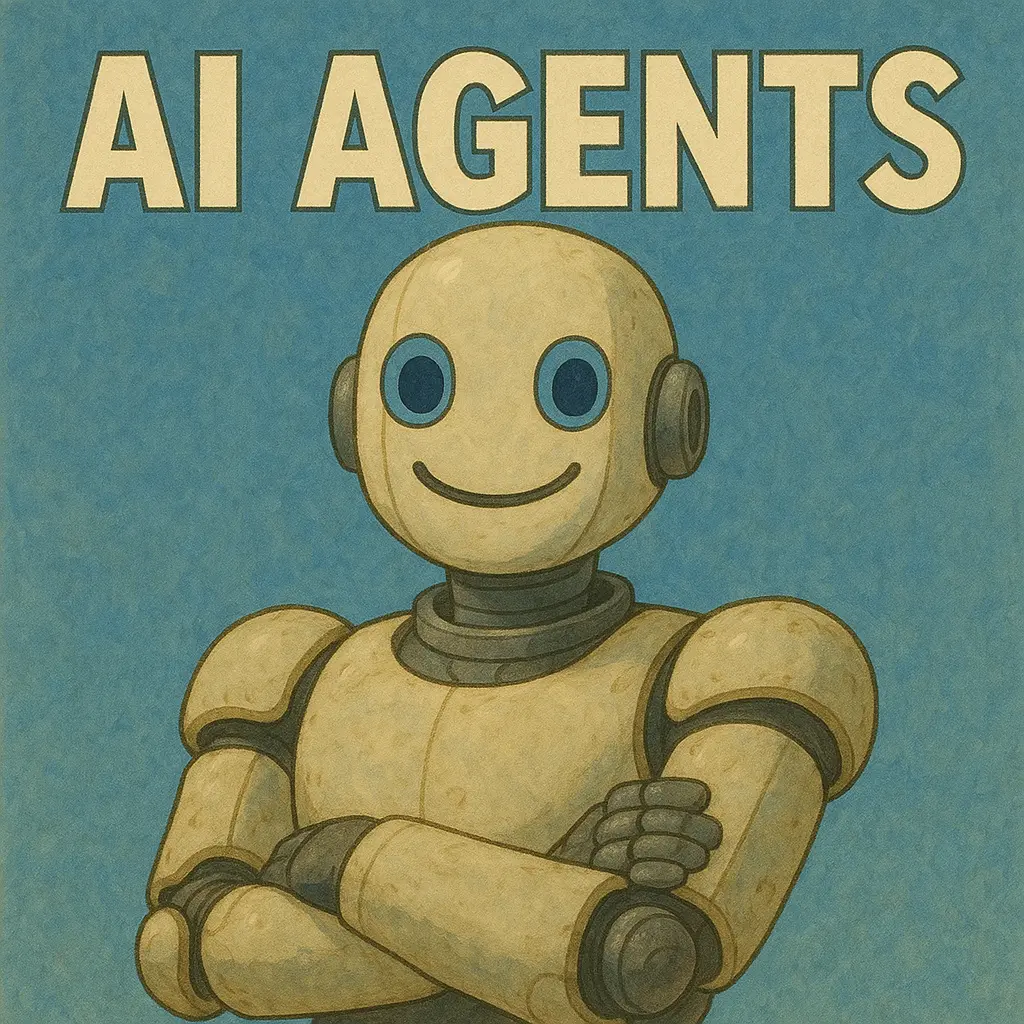What Are AI Agents (Beyond the Hype)
AI agents are software that can complete multi-step tasks without constant human supervision. With current state of Artificial Intelligence, AI Agents relies on Large Language Models (LLMs) to perform operations.
We can think of AI Agents as virtual assistants able to understand natural language, make simple decisions and perform operations based on your needs with pretty high level of generalization.
And this “generalization” part is why they are so different than automation workflows we were using before.
Automation Workflows vs AI Agents
Automation workflows are popular for few years now and they’ve changed internet businesses a lot.
Web automation because of awesome tools was very easy to start with and it allowed customization for specific business needs.
Automated workflows were (and in many scenarios still are) the best way to handle repetitive jobs, remove boring tasks and scale with less limits.
However, all those workflows needs to be very specialized and precisely prepared in order to cover all needed cases.
With simple automation tools you can automate adding invoice to your spreadsheets, but what if the invoice will have misleading file name?
AI Agents starts where workflow limitations are issues.
AI Agents Advantages
AI Agents have a lot of advantages which makes them perfect tools for business automation.
Firstly, they’re trained to understand natural language. It means that you no longer need to analyze text by looking for specific keywords, because LLM has high chances of understanding message from customer with little context provided.
AI Agents are able make decisions. Automation workflows are linear, they have to be predefined, with all possible scenarios planned for different conditions. AI Agents can help a lot here with possibility to take actions based on context, available tools and data from automation. They can also increase or decrease number of steps to accomplish task or perform operations in different order, based on what’s best.
In case of unstructured, dynamic tasks and data AI agents would play a crucial role with their great flexibility and adapting possibilities.
As I’ve already said, AI Agents CAN make decisions, but they DON’T HAVE to do this. With AI Agents it’s super simple to control which parts of automation will be programmaticaly defined, and which can be totally automated with agent. This means that we can cover cases requiring high precision with properly setting agent and interpreting it’s “recommendations”.
AI Agents are best option also for tasks which requires extensive knowledge. Thanks to RAG (Retrieval-Augmented Generation), agents are able to take advantage of additional documents with knowledge, that normally won’t fit into message. Combining this with more classical data storage like graph databases or even SQL makes AI agents awesome tools.
With traditional automated workflows we usually need to limit for text analyzing, while AI Agents are multimodal, which means they can understand and generate images, sounds or even videos. This feature is a game changer as it takes automations one step closer to human-like way of operating.
Finally, AI Agents are here not to compete with traditional web automations, but to improve them. A lot of tools for automating stuff has possibility to connect workflow with your favorite LLM API and create agent that instead of tools in code, will take advantage of blocks you could use for other workflows. The most popular no-code tools supporting agents are http://make.com/ and https://n8n.io/.

